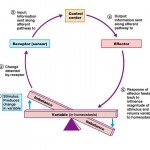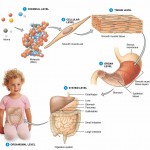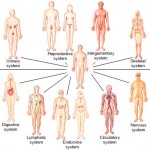Jennifer Lutz
Author: Jennifer Lutz
Author Credentials: A.S. Nursing Degree, Current B.S. Nursing Student with a focus on nursing informatics.
References: Information contained within this website is directly referenced from textbooks, specifically (Human Anatomy & Physiology ninth edition by Elaine N. Marieb and Katja Hoehn, M.D., Ph.D., published by Pearson), scientific journals and notes taken throughout our college careers.
Jennifer Lutz's Latest Posts
Atherosclerosis
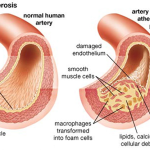
Atherosclerosis When pipes get clogged, its usually because we flushed something down the drain we shouldn’t have. Sometimes, build-up inside of pipes causes clogging. In arteriosclerosis, the walls of the arteries become thick and stiff and hypertension results. In atherosclerosis, which is the most common form of arteriosclerosis, small patchy areas called atheromas form that […]
Hemophilia & Thrombocytopenia
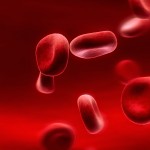
Anything that interferes with the clotting mechanism of blood can cause abnormal bleeding. The most common causes are platelet deficiency (thrombocytopenia) and deficits of some clotting factors, which can result from impaired liver function or genetic conditions such as hemophilia. Thrombocytopenia Thrombocytopenia is a condition in which the number of circulating platelets is deficient, which […]
Osteoporosis
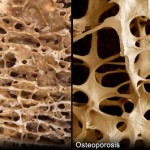
Osteoporosis Osteoporosis refers to a group of diseases in which bone resorption outpaces bone deposit (i.e. bone loss occurs faster than bone growth). The bones become so fragile that something as simple as a hefty sneeze or stepping off a curb can cause them to break. The composition of the matrix remains normal, but overall […]
Skin Cancer: Carcinoma & Melanoma
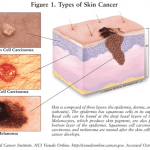
Loss of homeostasis within body cells and organs always reveals itself on the surface of the skin, sometimes in drastic ways. The skin can develop over a 1000 different ailments and conditions. Usually, skin disorders are either viral, bacterial, or some type of yeast infection. Less common, but far more dangerous skin conditions include skin […]
The Salivary Glands
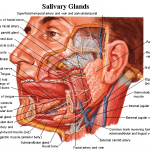
The Salivary Glands Several glands associated with the oral cavity secrete saliva. Saliva: Cleanses the mouth Helps moisten and compact food into a round mass called a bolus Contains enzymes that begin the chemical breakdown of starch Dissolves food chemicals so they can be “tasted” Most saliva is produced by major or extrinsic salivary glands […]
Digestive System Overview
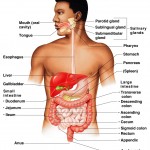
Did you know the digestive system is split into two main groups? Did you know one of the groups is considered to be outside of the body? That’s right, the alimentary canal or gut, runs from the mouth to the anus and is considered to be outside of the body because it’s open to the external environment. In this article, we discuss the six steps of digestion, the gastrointestinal tract and finally, accessory digestive organs.
Body Fluids
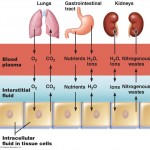
Body Water Content Factors which determine the overall water weight of a human being include sex, age, mass and body fat percentage. Infants, with their low bone mass and low body fat, are 73% water! Due to the high concentration of water, an infants skin appears “dewy” and soft. Total body water declines after infancy, […]
Heart Anatomy: chambers, valves and vessels
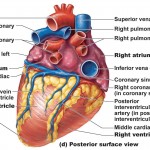
The heart is an extremely interesting and powerful pump. It operates by using an intrinsic control and conduction system that surpasses any system invented by the brightest mechanical engineers. In this article, we will focus on the anatomy of vessels, valves, and chambers within the human heart.
Heart Anatomy: size, location, coverings and layers
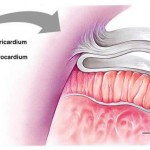
The pulmonary and systemic circuits The heart is a transport system pump that delivers blood to the body through blood vessels. The right side of the heart receives oxygen-poor blood from body tissues and pumps it to the lungs where it picks up oxygen and gets rid of carbon dioxide. The blood vessels that carry […]
Glandular Epithelium
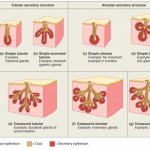
Glandular Epithelium A gland is one or more cells that produce and secrete a specific product. The product is always a water-based fluid (aqueous) and usually contains proteins (the product is referred to as a secretion). Secretion is considered an active process. Glandular cells obtain substances needed from blood and transform them (chemically) into a […]





